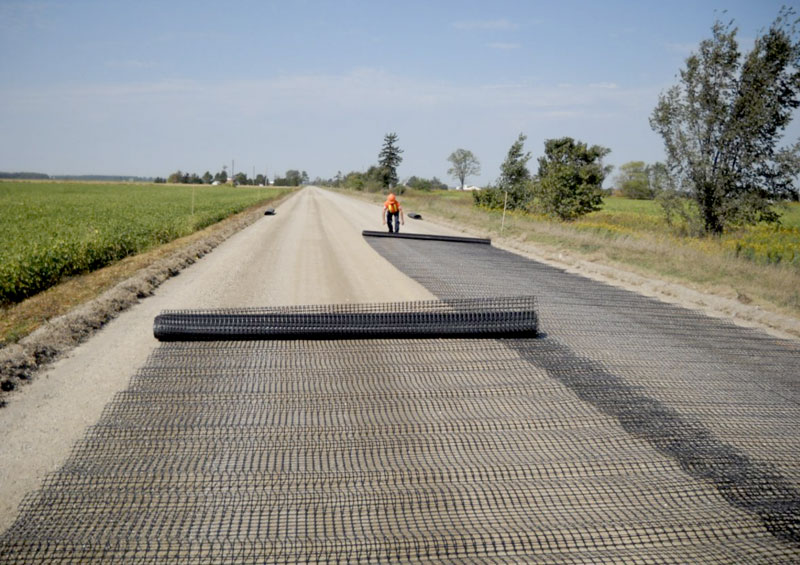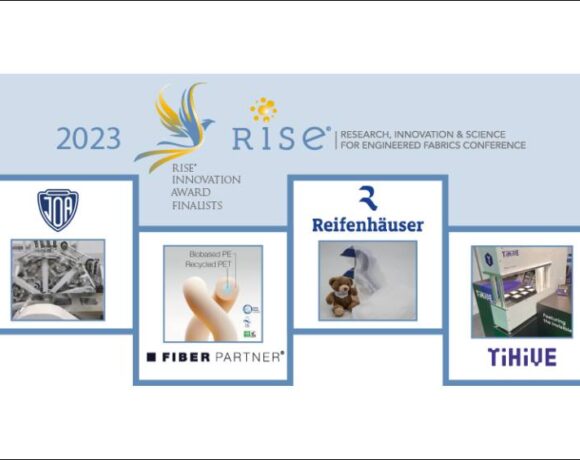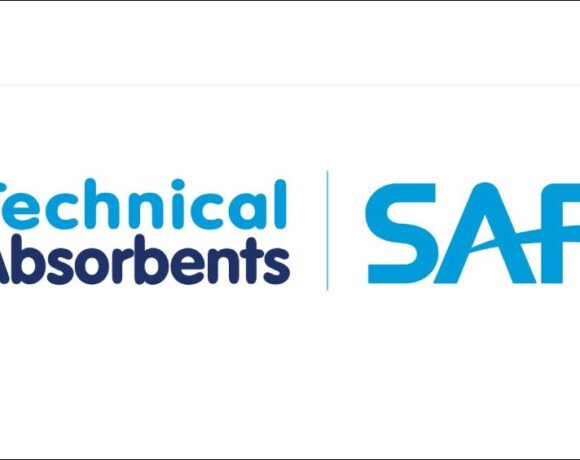Indian Technical Textile Industry All Geared Up To Explore Emerging Opportunities

The domestic technical textiles sector is all set to commence its next phase of growth trajectory going forward as the industry is finding itself in a much more conducive situation in the last few years. Though the government has been trying to promote this sector for some time now, it is only in the last 3-4 years that an appropriate ecosystem has been put in place, which is likely to help build a robust manufacturing base for these high-performance textiles in the country. Experts are of the view that after initial hiccups, the government has revisited its strategy and come up with multiple initiatives like National Technical Textiles Mission (NTTM), PLI scheme, Quality Control Orders (QCOs), HSN codes and thrust on R&D to enable the industry to explore the market in a much robust manner.
“We are quite satisfied the way the government has proactively dealt with the issues that had been plaguing the industry and has lately gone on to sensitise and incentivise the whole landscape of this high potential business of technical textiles. As the much-needed foundation has now been laid, as an industry we are quite bullish on the future growth. In fact, the industry has gone through its initial evolution process and is now all ready to start its next growth phase in a more confident manner,” says Pramod Khosla, past chairman of Indian Technical Textile Association and chairman & managing director of Mumbai-based Khosla Profil Pvt Ltd, which is engaged in the manufacture of a range of products, including industrial and technical fabrics, filter fabrics, air slide fabrics, filter press fabrics, centrifuges bags, etc. With over Rs 300-crore turnover, the company is one of the prominent players in the domestic technical textile space and exports its production to USA, Australia, Finland, UK, Brazil, UAE, Italy, France and South Africa.
“Last few years have been quite eventful for the domestic technical textile industry. The government has come up with quite a few initiatives to infuse the much-needed momentum. As an industry, we now have a road map to follow and also have the required regulatory framework. The formation of NTTM, coupled with other initiatives to bring about the much-needed quality standards, rationalisation of HSN codes as also to boost production, R&D and supply of skilled manpower – all these are moves in the right direction. As an industry player, we now have the desired confidence to explore the emerging opportunities in a much appropriate way,” avers Saurabhh Vyas, Head – Technical Services at TechFab India Industries Ltd. The Rs 380-crore TechFab India is a leading manufacturer of geosynthetics and geohazard mitigation products, offering solutions for construction and engineering applications. The Mumbai-based company exports 30-40 per cent of its production to the overseas market.
 The global technical textiles market is currently valued at around $260 billion and is projected to reach $325 billion by 2025-26. Against this, the market in India is valued at $22 billion, with the government’s ambitious goal to elevate it to $40-50 billion over the next 5 years.
The global technical textiles market is currently valued at around $260 billion and is projected to reach $325 billion by 2025-26. Against this, the market in India is valued at $22 billion, with the government’s ambitious goal to elevate it to $40-50 billion over the next 5 years.
Addressing the 6th edition of the National Conclave on Standards and Regulations for Technical Textiles, organized by FICCI, jointly with BIS and the Ministry of Textiles, Rachna Shah, Secretary, Ministry of Textiles, Government of India, has recently emphasized the government’s objective to increase the export of technical textiles from the present $2.5 billion to $10 billion during the same period.
The government has employed a multifaceted approach to drive growth in this sector. This includes a strong focus on research and development activities, encompassing fibres and the development of various applications. Additionally, the government is dedicated to establishing a well-structured skilling ecosystem to nurture a skilled workforce essential for the sector’s expansion. The textile ministry is working closely with various inter ministries and departments within the government and state governments to increase the demand and penetration of technical textiles.
“In the last few years, things have improved significantly. All stakeholders are working in a more cohesive manner. Since technical textiles are highly specialized products with high performance requirements, the focus is on standards and regulations and this is the only way we can create a robust production base and market place for these textiles. The government has come up with HSN codes and QCOs meeting the standardization needs. With all these initiatives in place, we all know where we are heading,” states Anup Rakshit, Executive Director, Indian Technical Textile Association (ITTA).
“The domestic technical textile industry is shaping up quite well in the last 4-5 years. The government, led by PMO, is fully committed to creating a conducive scenario for this industry which has got huge potential. Various government agencies are working in a more collaborative manner today,” avers Dhaval Patel, Director of Nikol Advance Materials (P) Ltd which is engaged in the manufacture and supply of carbon fibre fabric and carbon fibre sheet for various composite applications along with various composite profiles.
“All these textiles are heavily performance driven and hence call for an appropriate framework for quality standards. In recent years, the government has realised this and has been putting impetus on meeting standardisation needs. Rationalisation of HSN codes and issuance of QCOs, all these are in the right direction. We, as an industry player, are today much more confident to scale up our business in this niche segment,” says Mahesh Kudav, Managing Director, Venus Safety and Health Pvt Ltd. The Rs 300-crore company manufactures occupational safety, healthcare and filtration products. The Mumbai-based company exports over 40 per cent of its production to countries like the US, EU, Middle East and Israel.
“No doubt, things have been simplified to a large extent. But we still have to go a long way. We need raw materials at competitive prices. Cheaper imports from China have to be curbed since these are hurting business in a big way,” states Kamal Johari, Founder and Managing Director of Rs 730-crore Nobel Hygiene Pvt Ltd, which created the adult diaper category in India with its brand ‘Friends’.
Experts are of the view that for scaling up the production of technical textiles, it is imperative to map them with the relevant HSN codes which will facilitate the streamlining of trade tracking and alignment with the HSN mapping requirements. These steps will also support effective implementation of flagship schemes of Ministry of Textiles like, PM MITRA, Production Linked Incentive (PLI) Scheme.
The government has notified 32 new technical textile HSN codes in April 2023, beyond the list of already notified 207 HSN Codes. Besides, a Technical Committee for rationalization of HSN codes for technical textiles has already been formed.
As regards releasing of new QCOs, two QCOs for 31 technical textile items under geotextiles and protective textiles have been notified, effective 7th October 2023. In addition, the ministry has also undertaken the task to notify QCOs for 56 technical textile items, including 22 agro textiles and six medical textiles. QCOs are vital for ensuring specified standards of quality, safety and reliability of products in technical textiles. The ministry has embarked upon the journey to implement QCOs in technical textiles in a phased manner.















